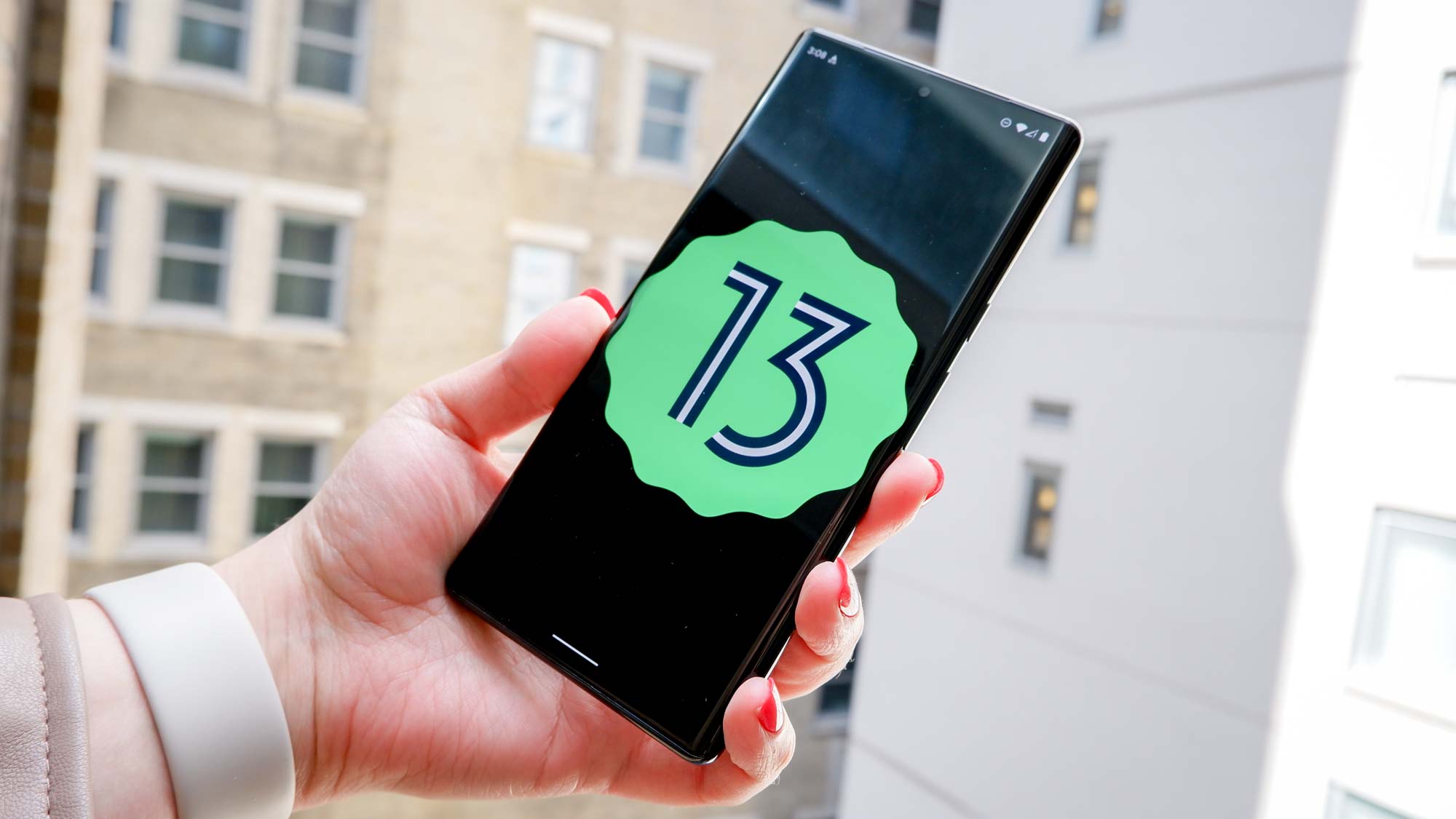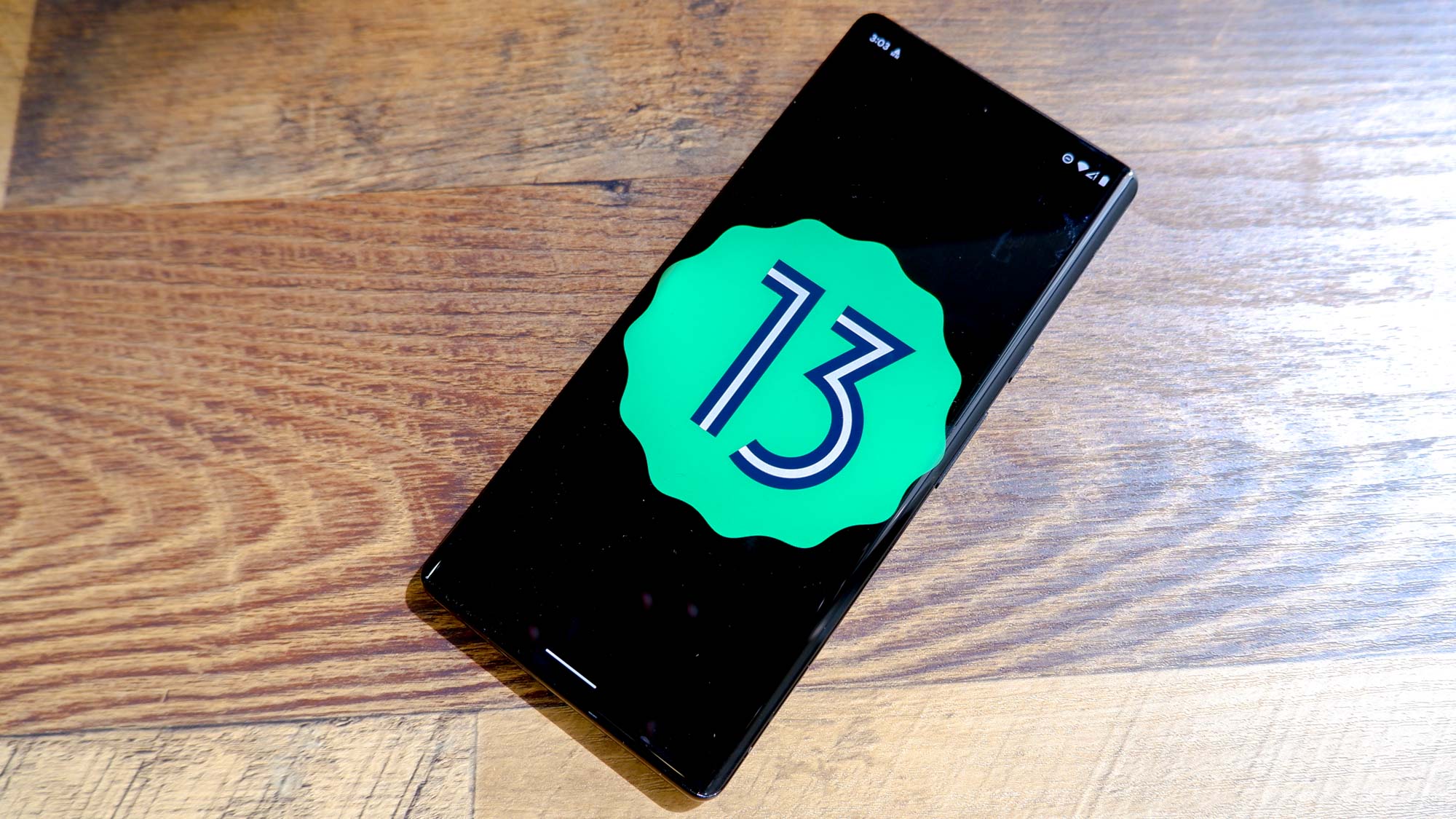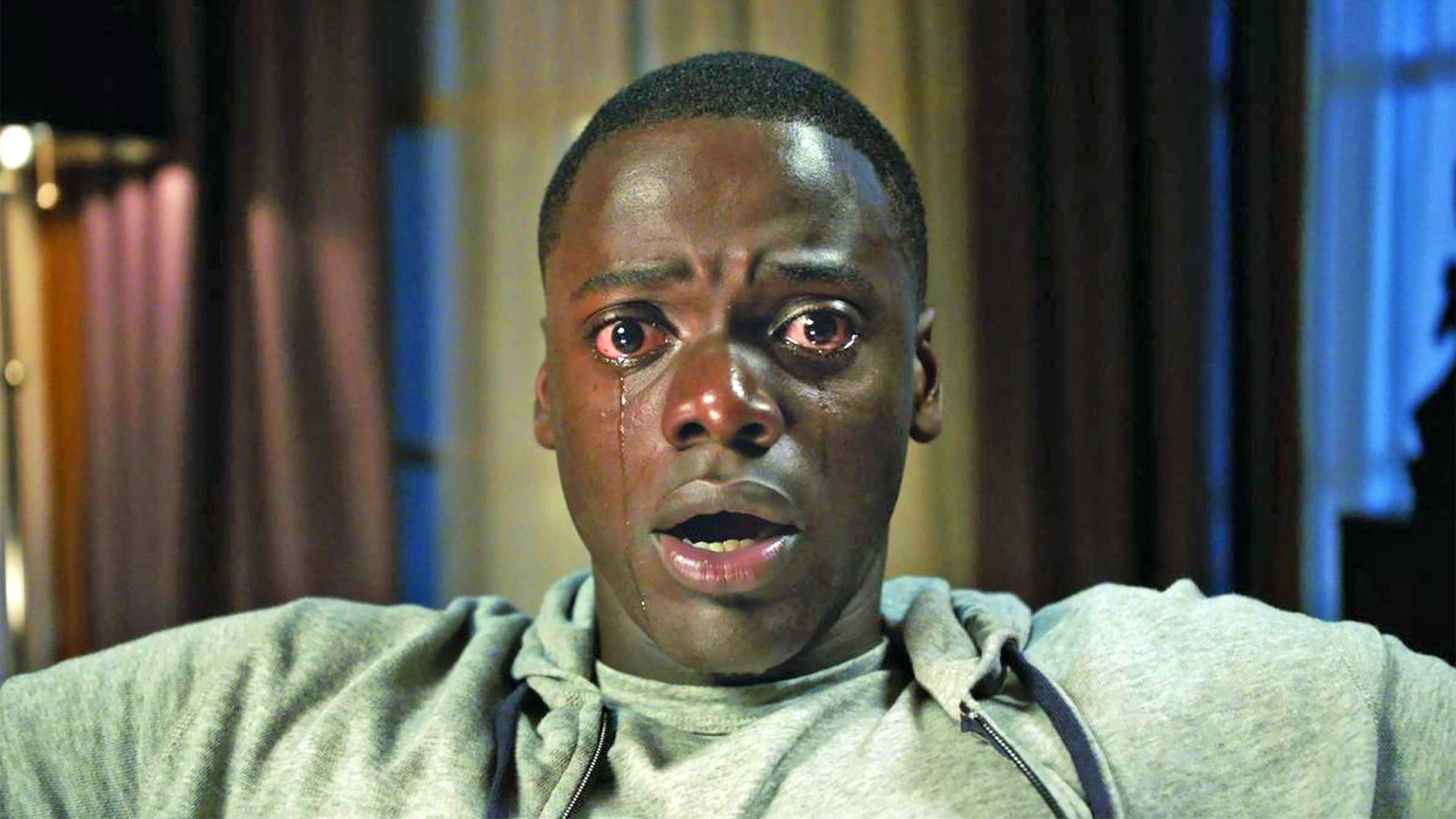Android 13 could get these two big audio features to rival iOS — what we know
Android 13 could introduce a Spatial Audio rival plus Bluetooth LE Audio

Android 13 could have among its many updates two new audio abilities that will help the best Android phones take on the iPhone.
As found in Android 13 beta 1 by Esper senior editor Mishaal Rahman, Google is working on a "spatializer" effect for audio, and has added the necessary codec for Bluetooth LE Audio support. Both of these may sound like pure technobabble but trust us: these will mean a big change for how you listen to audio on your Android phone in the future.
Spatial Audio
The spatializer effect mentioned in the beta code could refer to what's popularly known as Spatial Audio. While this is actually an Apple-branded name, what it refers to is virtual surround sound that can track the position of your earbuds or headphones and the device outputting to them. While we may see Google come up with a different name to describe the technology, the effect should allow the sound coming through your head/earphones to dynamically change depending on how you move your head, or move in relation to the source of the audio.
Spatial audio support is coming to the Pixel 6. Beta 1 ships with a spatializer effect. pic.twitter.com/ZIuNcDvu2NApril 26, 2022
It's possible that the Google version of spatial audio could be more similar to Sony 360 Reality Audio though. This doesn't offer the head/device tracking feature that Apple's Spatial Audio does, but it still provides a virtual surround sound effect. Given Google can't guarantee that the devices Android gets installed on will have the necessary hardware for position tracking, this is probably the more sensible, and more likely, option.
Bluetooth LE Audio
Bluetooth LE, short for Bluetooth Low Energy, is, as the name suggests, a more power-efficient version of the common wireless connection standard. That means lower battery drain as a result, which is good news on its own. It should also make for more stable connections, avoiding that annoying stuttering you can get when using Bluetooth audio.
Android 13 may be the first release to add full support for Bluetooth LE Audio.Google recently merged an LC3 (the LE Audio codec) encoder and is adding the codec as an option in settings. It'll be the highest priority A2DP source codec.Commits: https://t.co/tXicKLMZbq pic.twitter.com/ZHcd22grEsDecember 21, 2021
What's more though is that Bluetooth LE Audio can allow for multiple connections at once, either multiple sources with one audio device or multiple audio devices with one source. That could make swapping between your various gadgets on your phone much easier.
Outlook

So what would this mean for Android users going forward? There's a small chance that Google will remove these features before the final version of Android 13 comes out towards the end of the year. Assuming they stick around, however, both Spatial Audio and Bluetooth LE Audio support are two worthwhile additions that Android's millions of users will find useful.
Sign up to get the BEST of Tom's Guide direct to your inbox.
Get instant access to breaking news, the hottest reviews, great deals and helpful tips.
The big question that we want answered is which audio devices Google's version of Spatial Audio will work with. Since this is seemingly a general Android feature, rather than a Pixel-specific one, hopefully Pixel Buds won't be the only thing to make use of it. That said, if the tech requires support from earbuds and headphone makers, then it could take some time for Android Spatial Audio to get off the ground.
Bluetooth LE Audio is not yet widely supported, but this is a smart thing for Google to support natively all the same. It will help future-proof Android to work with upcoming wireless headphones and earbuds, which are only going to become more common as the headphone jack on smartphones continues to go extinct.

Richard is based in London, covering news, reviews and how-tos for phones, tablets, gaming, and whatever else people need advice on. Following on from his MA in Magazine Journalism at the University of Sheffield, he's also written for WIRED U.K., The Register and Creative Bloq. When not at work, he's likely thinking about how to brew the perfect cup of specialty coffee.
